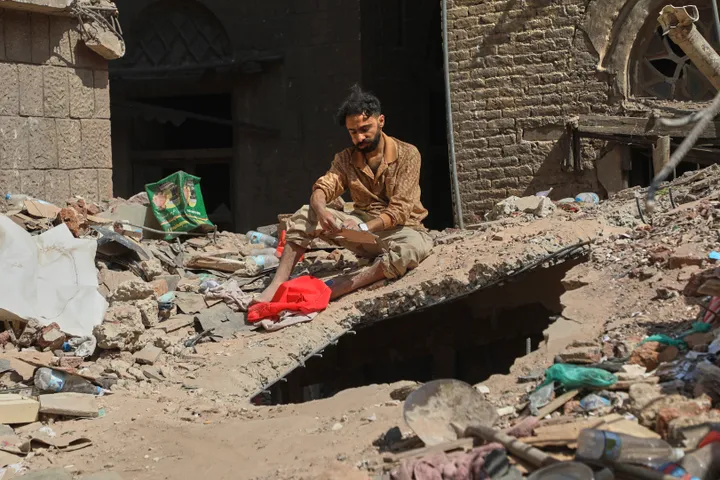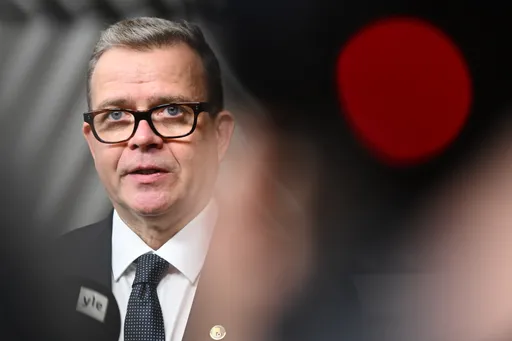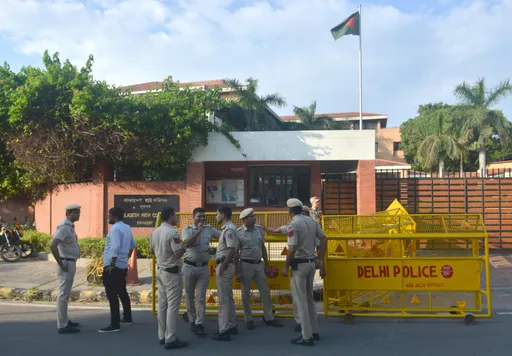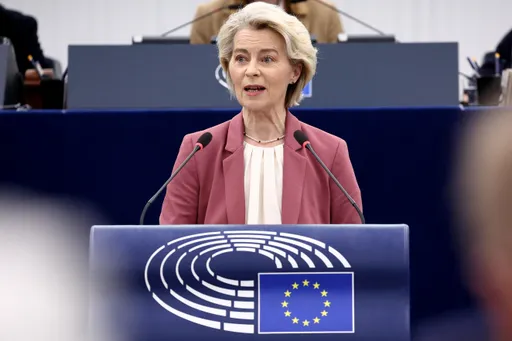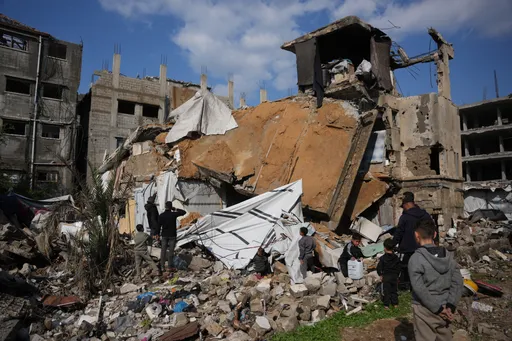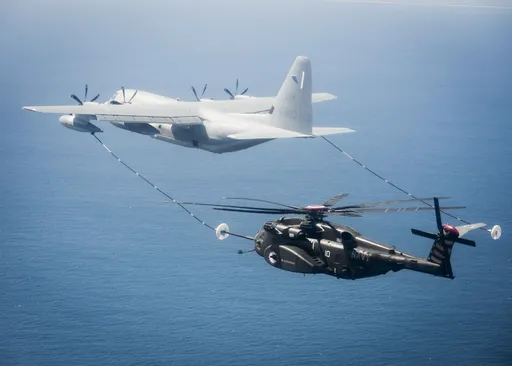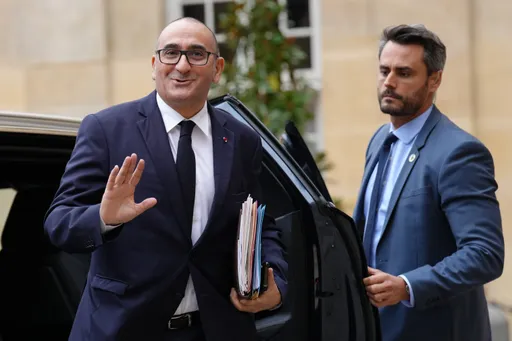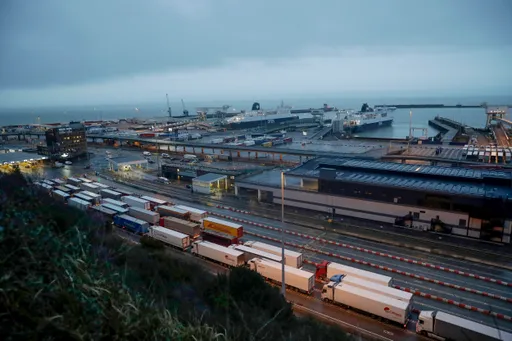Zimbabwe’s new President Emmerson Mnangagwa on Saturday named the former army chief who led a coup that ended Robert Mugabe's 37-year rule, as one of his two deputies in the ruling party, the presidency said.
Presidential press secretary George Charamba said in a statement, retired general Constantino Chiwenga and long-serving state security minister Kembo Mohadi were appointed as Mnangagwa's deputies in the ZANU PF party "with immediate effect."
The appointments paved the way for the two to ascend to similar positions in government, Charamba said.
Mnangagwa, who took over last month from 93-year-old Robert Mugabe after the intervention of the military, is under pressure from opposition parties and the public to implement political reforms.
Chiwenga, who retired from the army on Monday, is the latest in a string of senior military figures appointed by Mnangagwa to important political posts.
Charamba said Chiwenga and Mohadi's appointments as vice presidents of the country could only be made by the Chief Secretary to the Government and Cabinet, Misheck Sibanda, who is out of the country.
Army's role under Mugabe
Under Mugabe's 37-year rule political space was limited, with the latter part of his reign marked by the emergence of a ZANU PF faction aligned to his wife Grace that threatened to usurp the army's central role in government.
The army's intervention was followed by mass street protests against Mugabe and a motion to impeach the veteran ruler who resigned in a letter to parliament as proceedings to recall him began.
The ruling party then appointed Mnangagwa as Mugabe's replacement, leading to his inauguration as the country's president on November 24.


